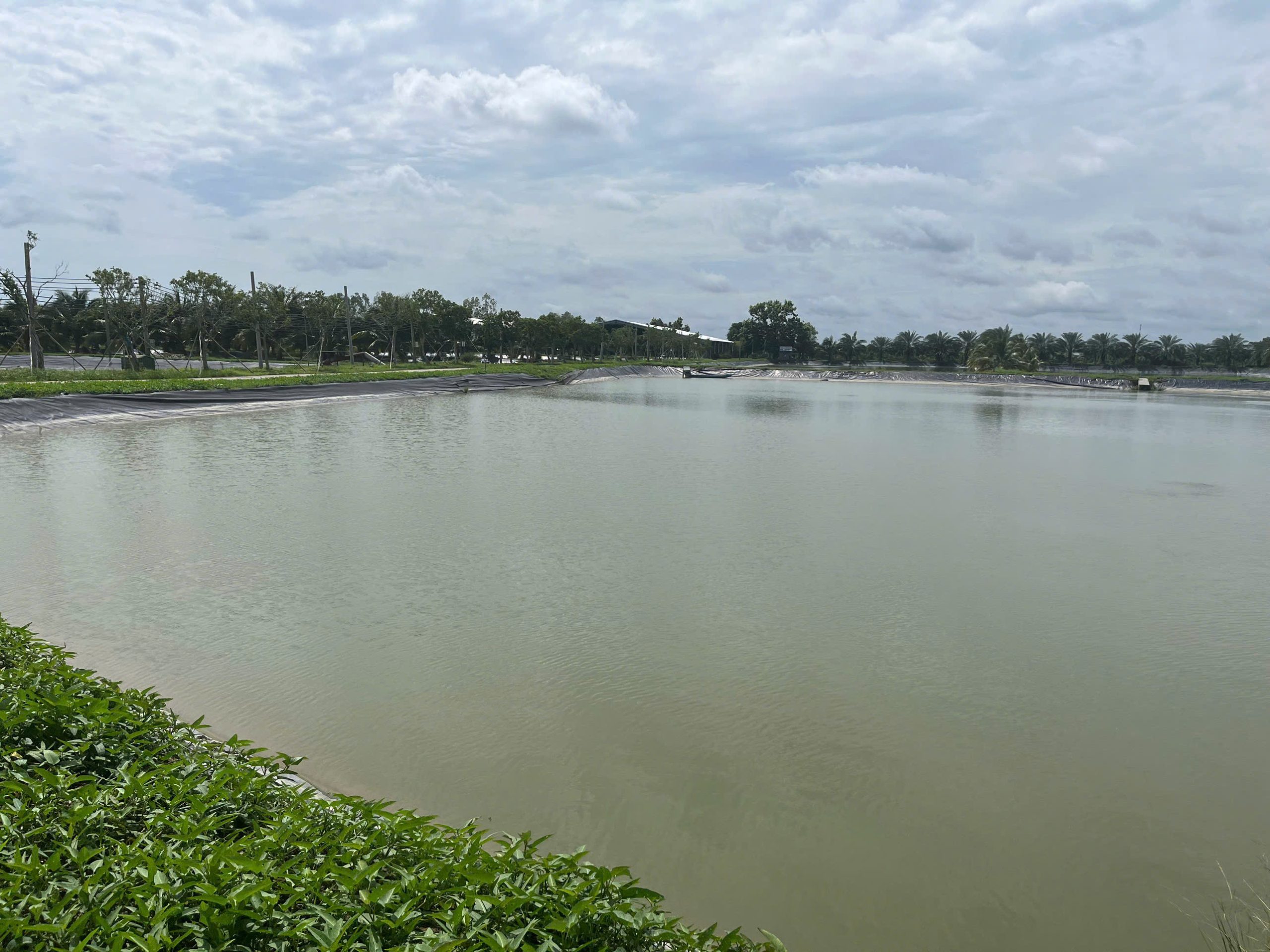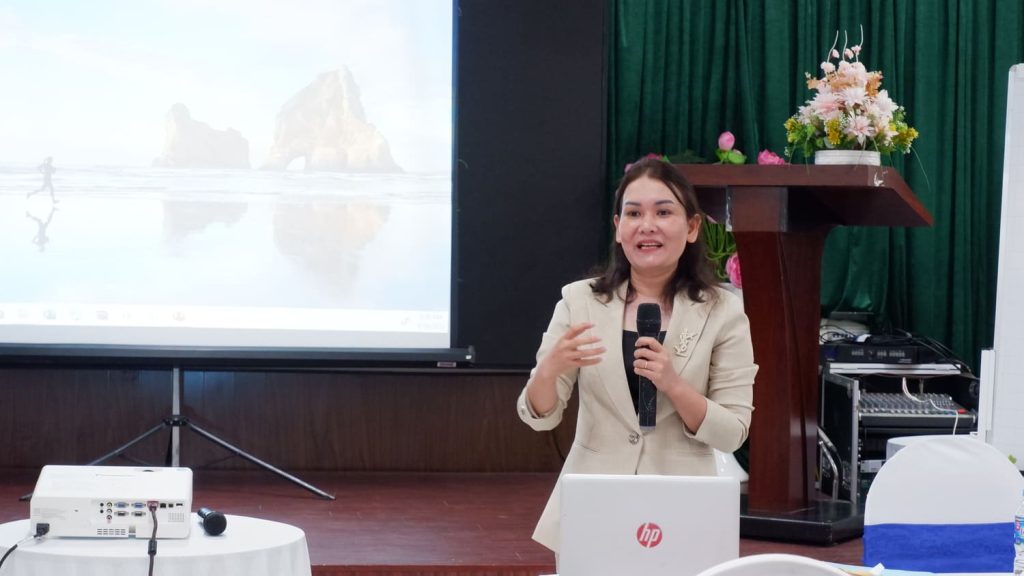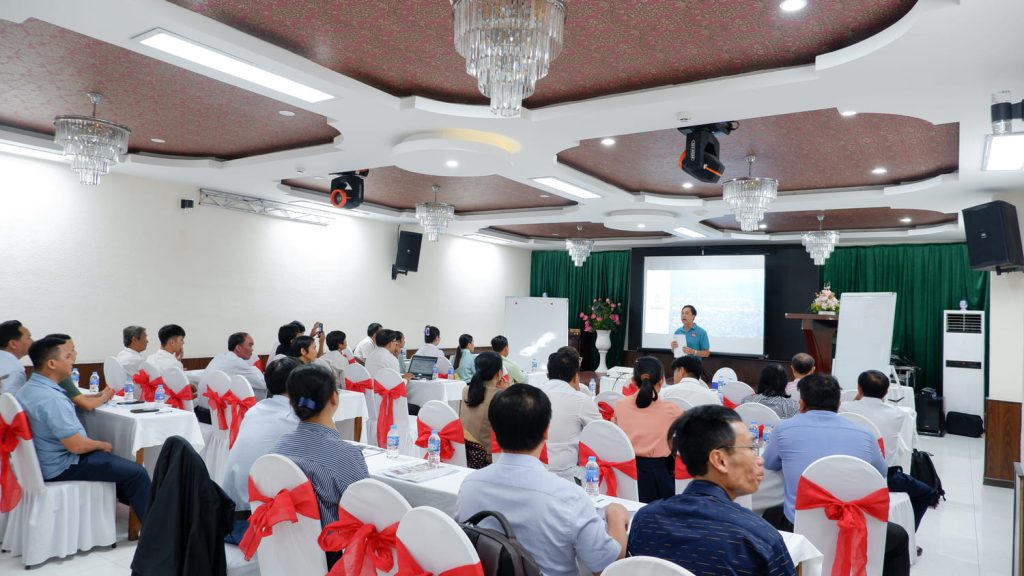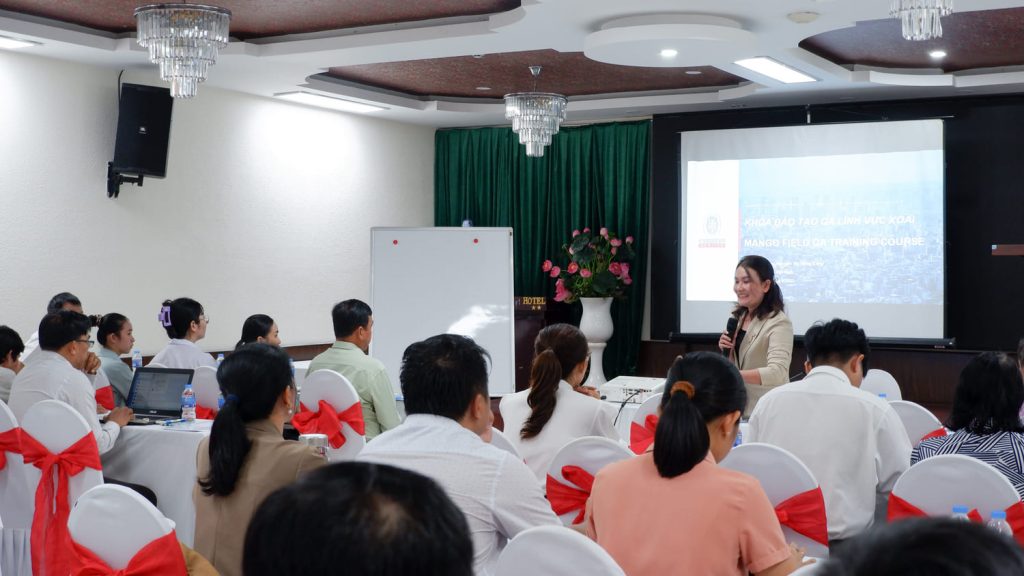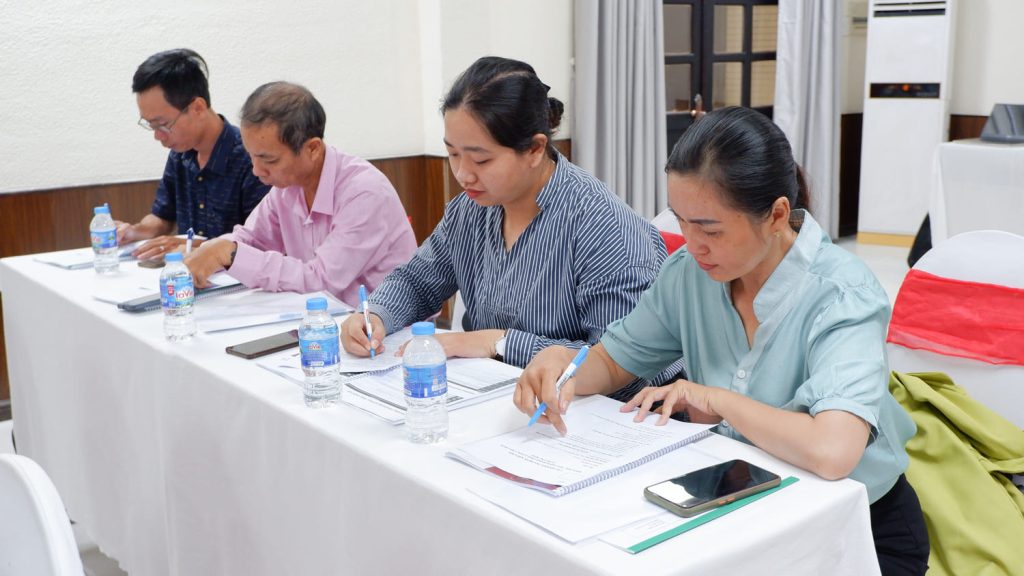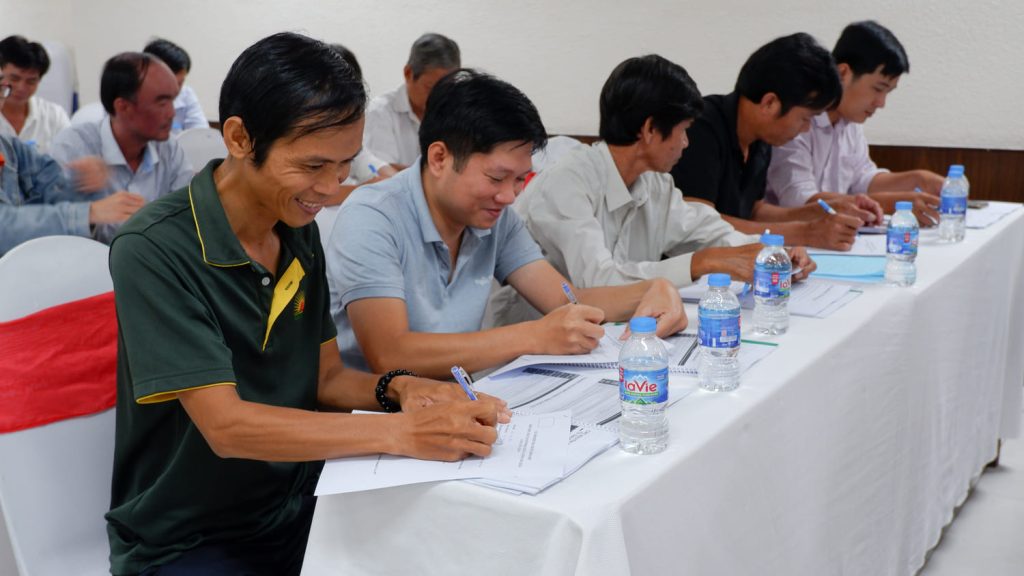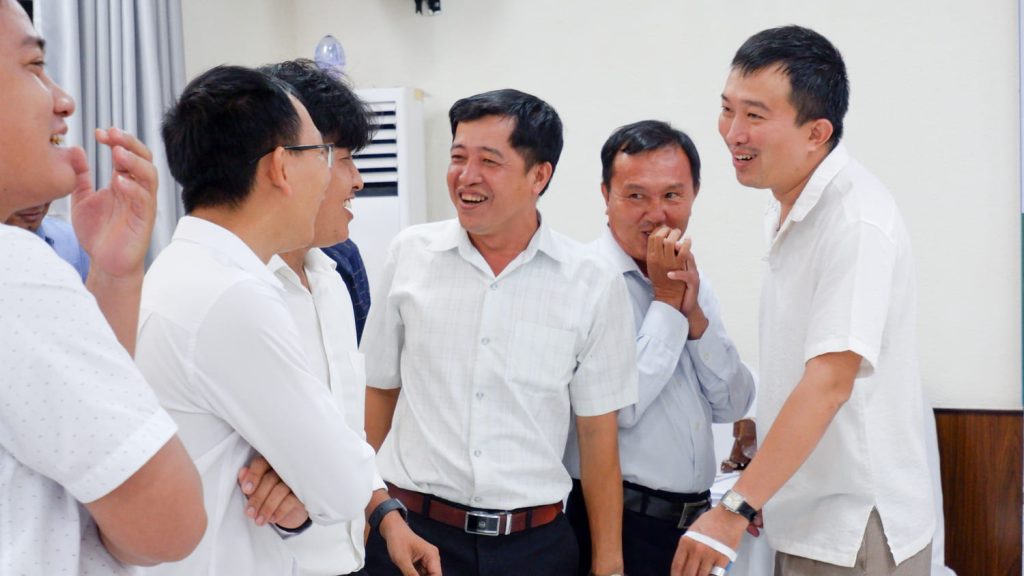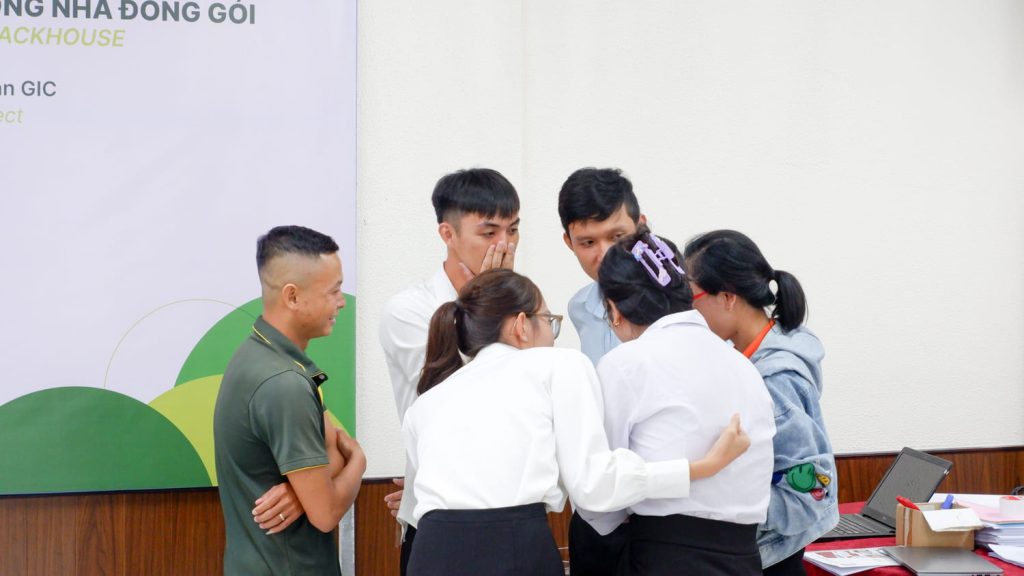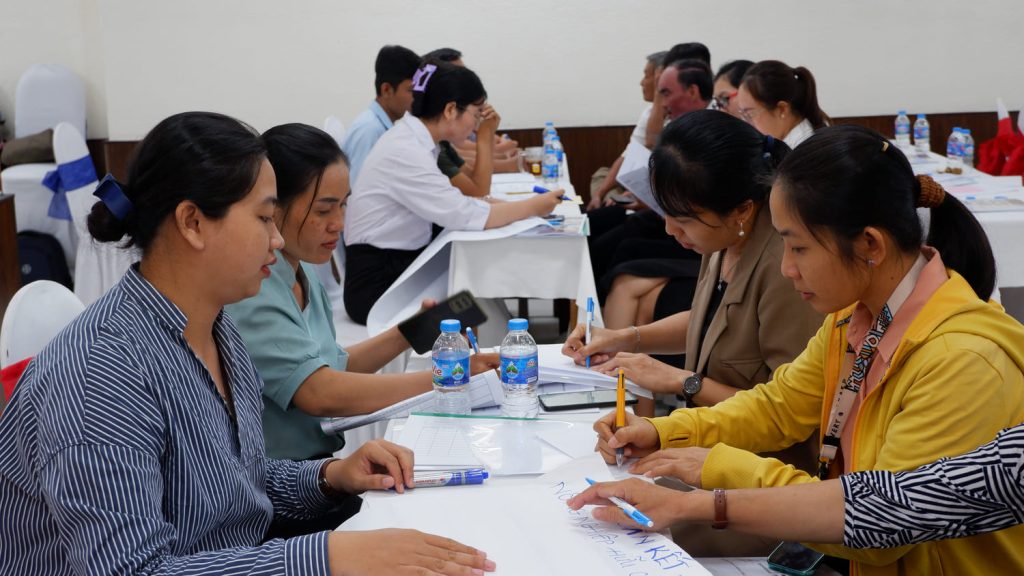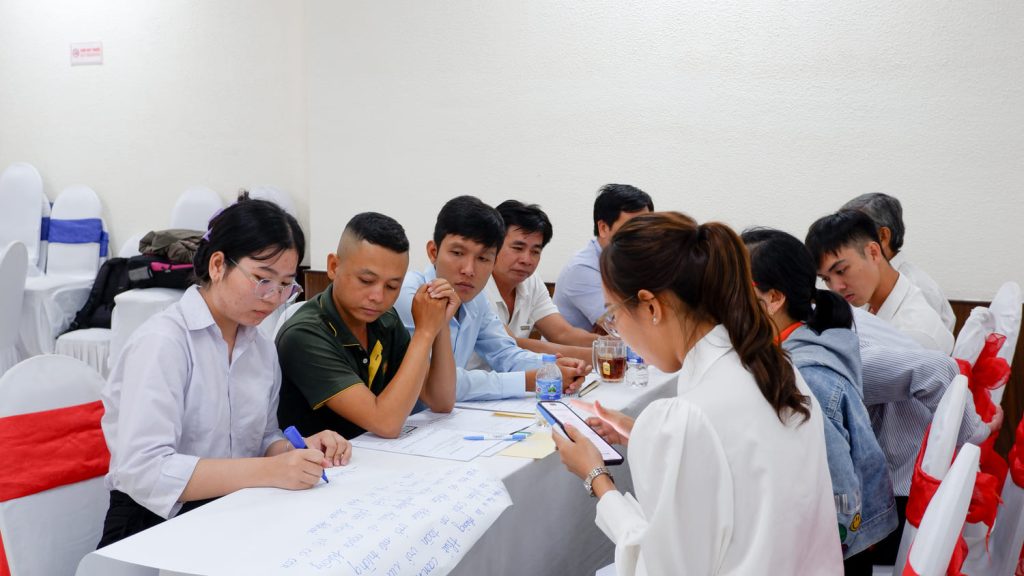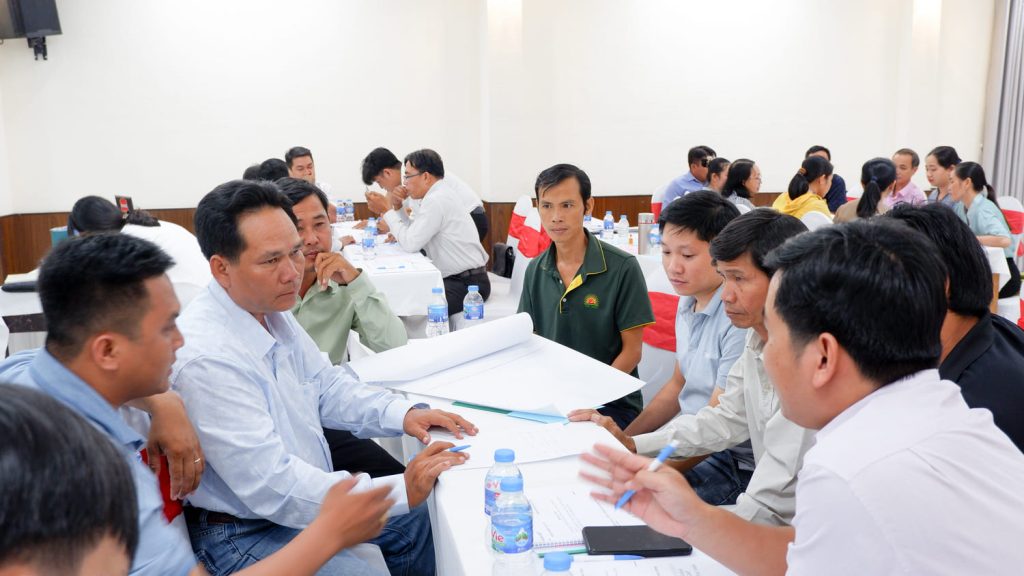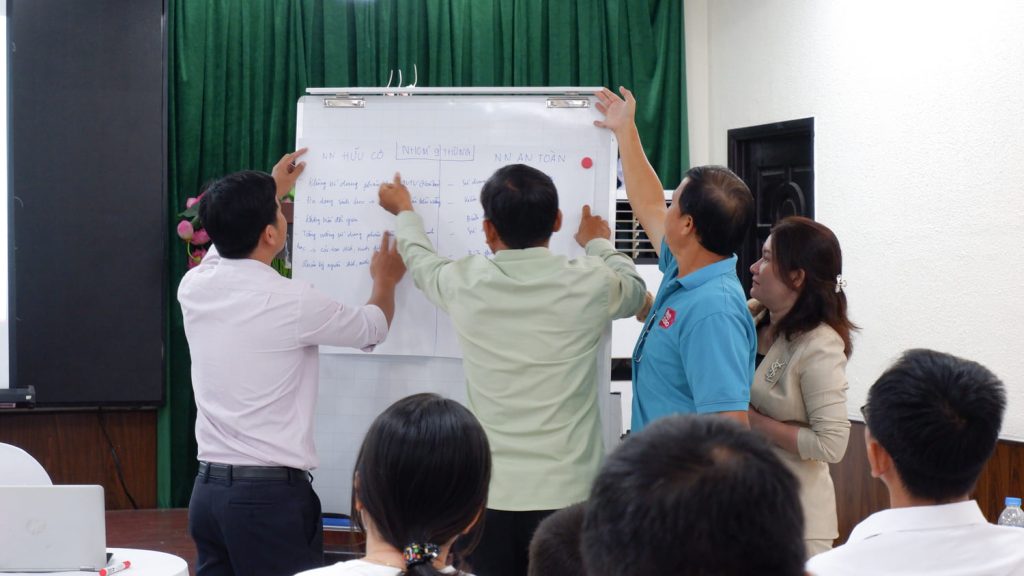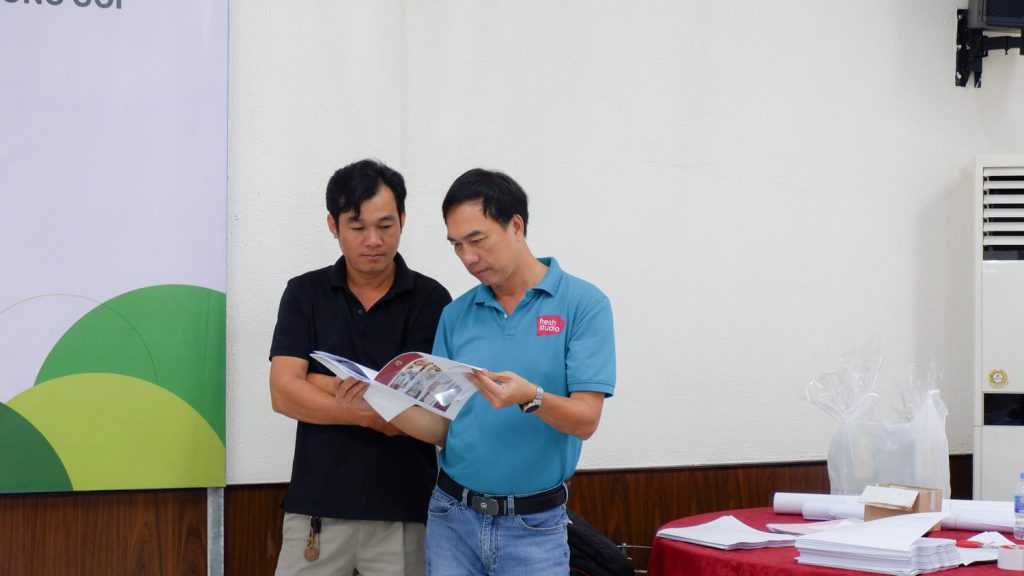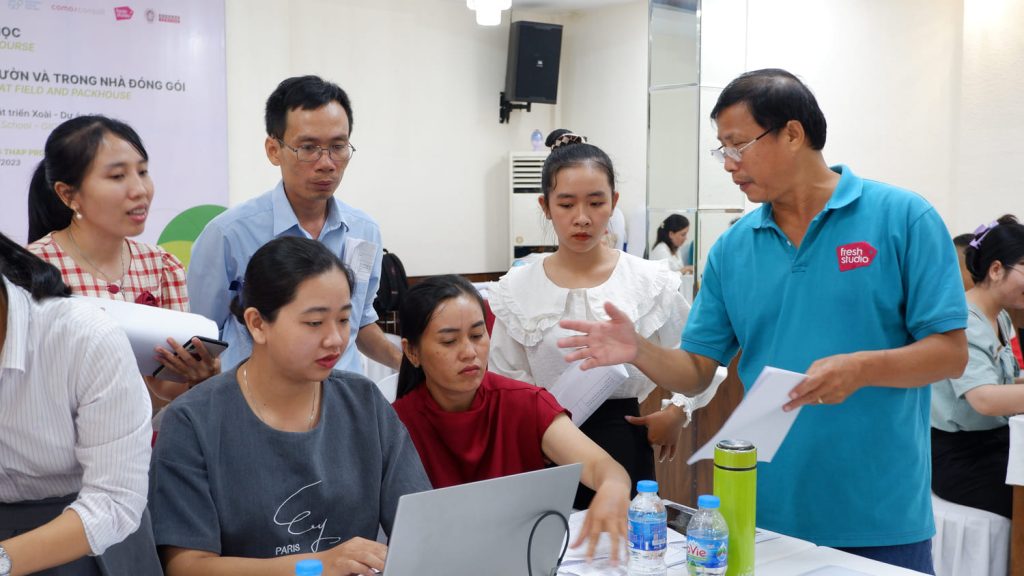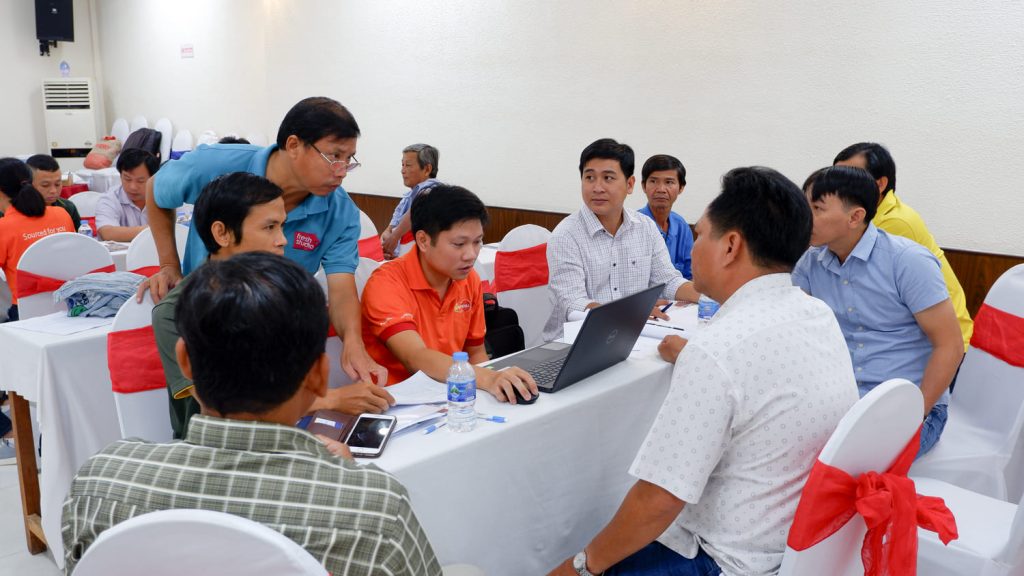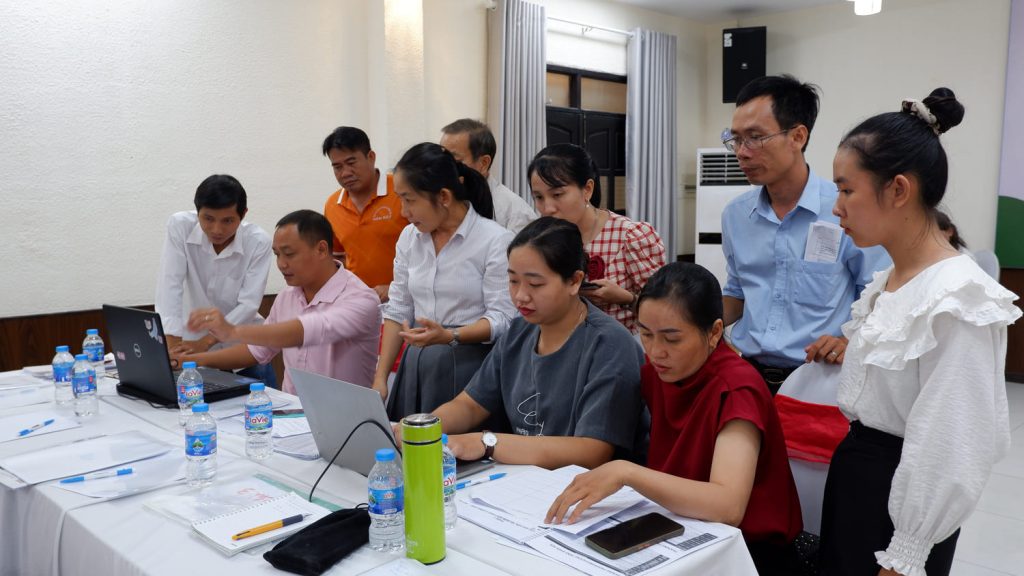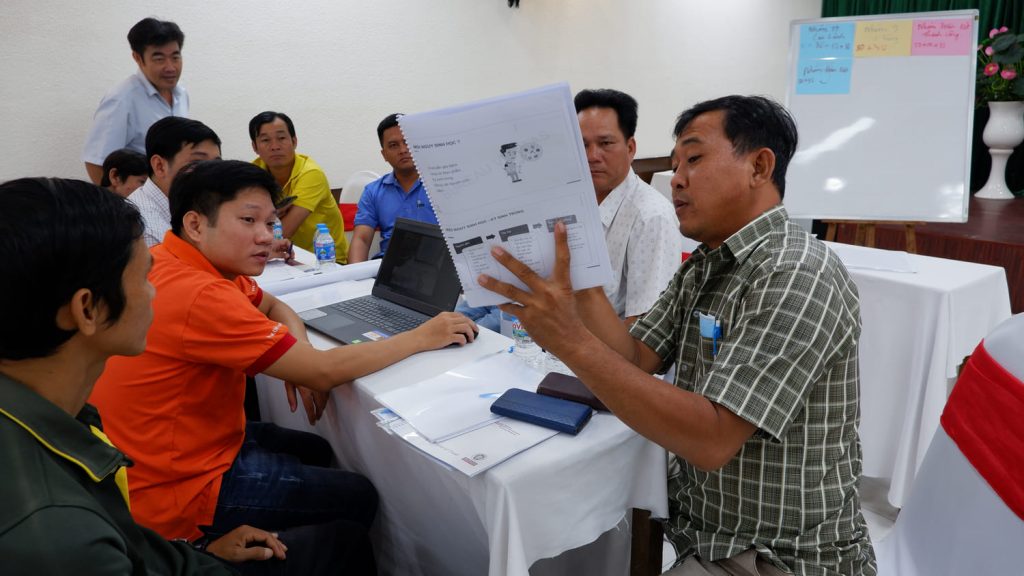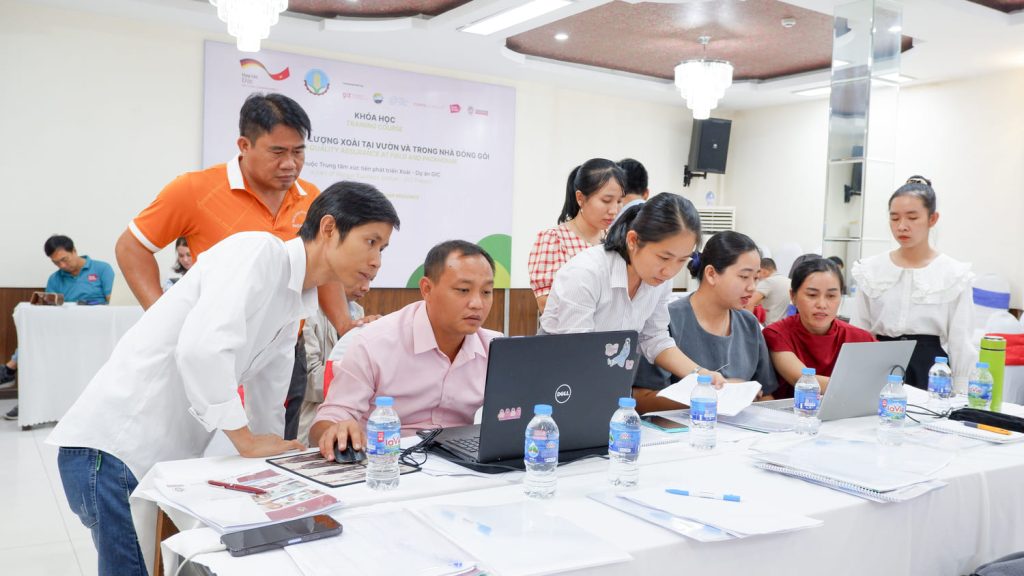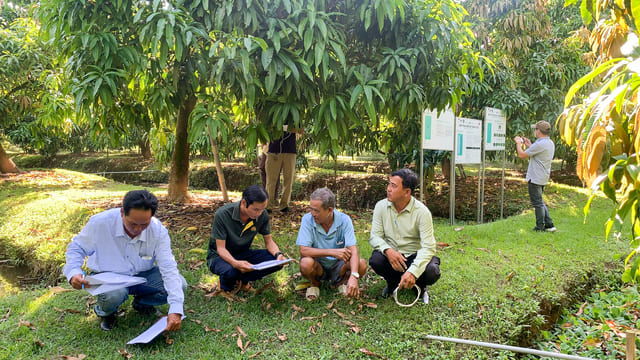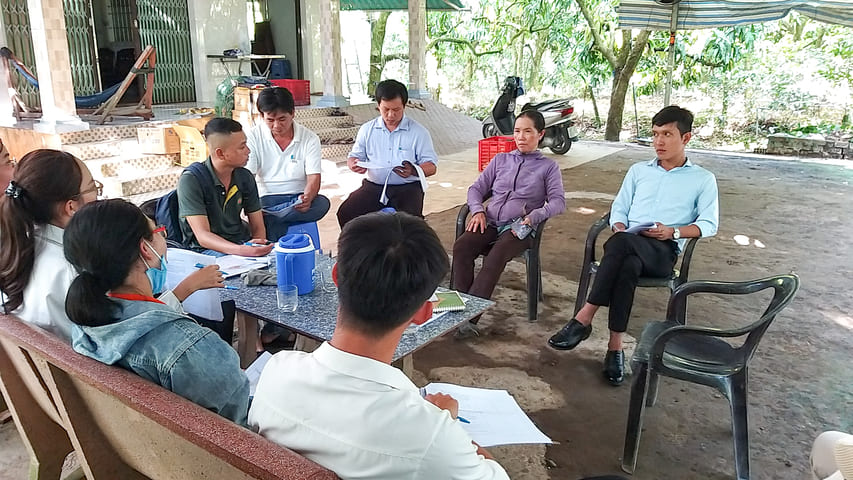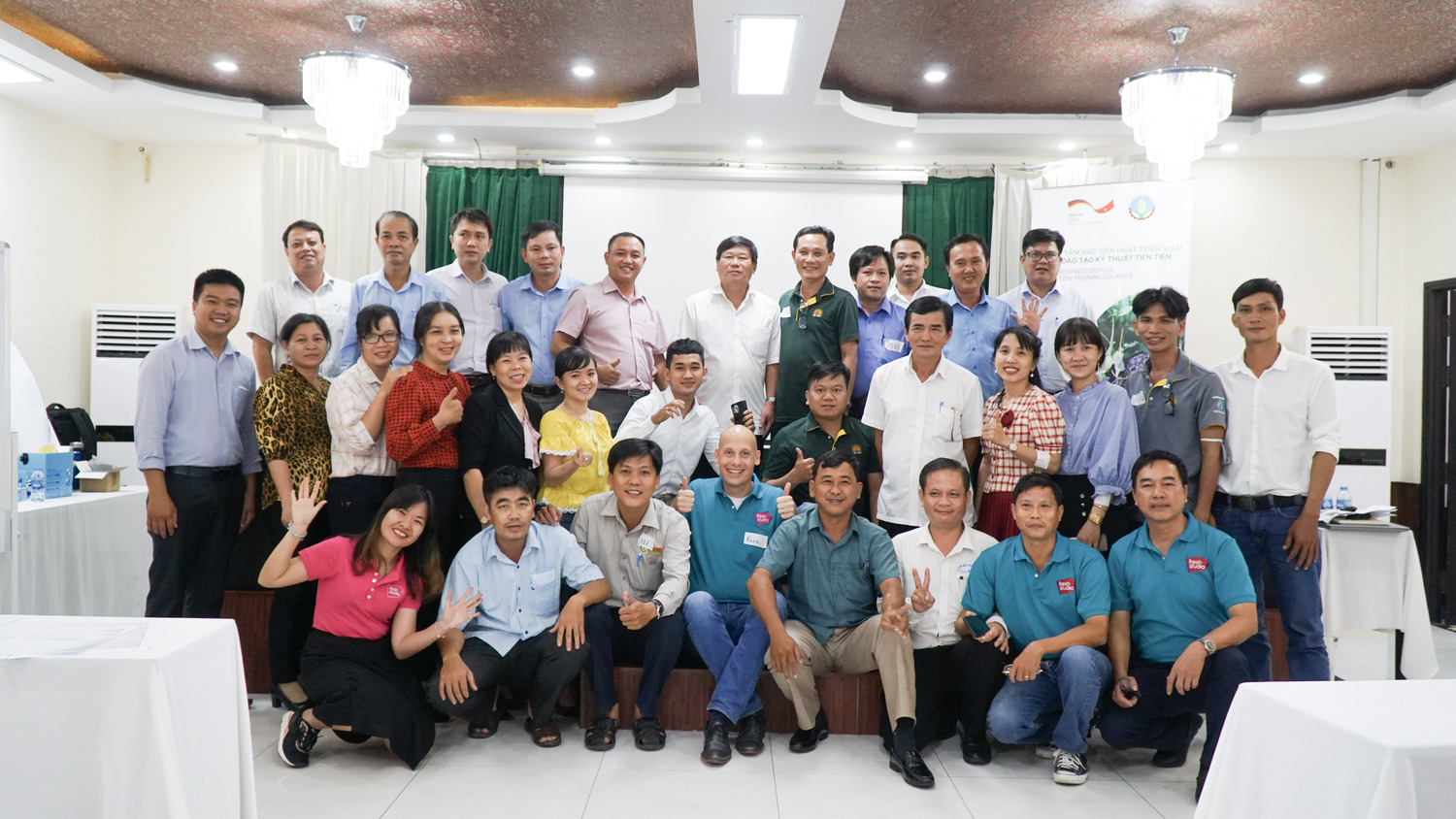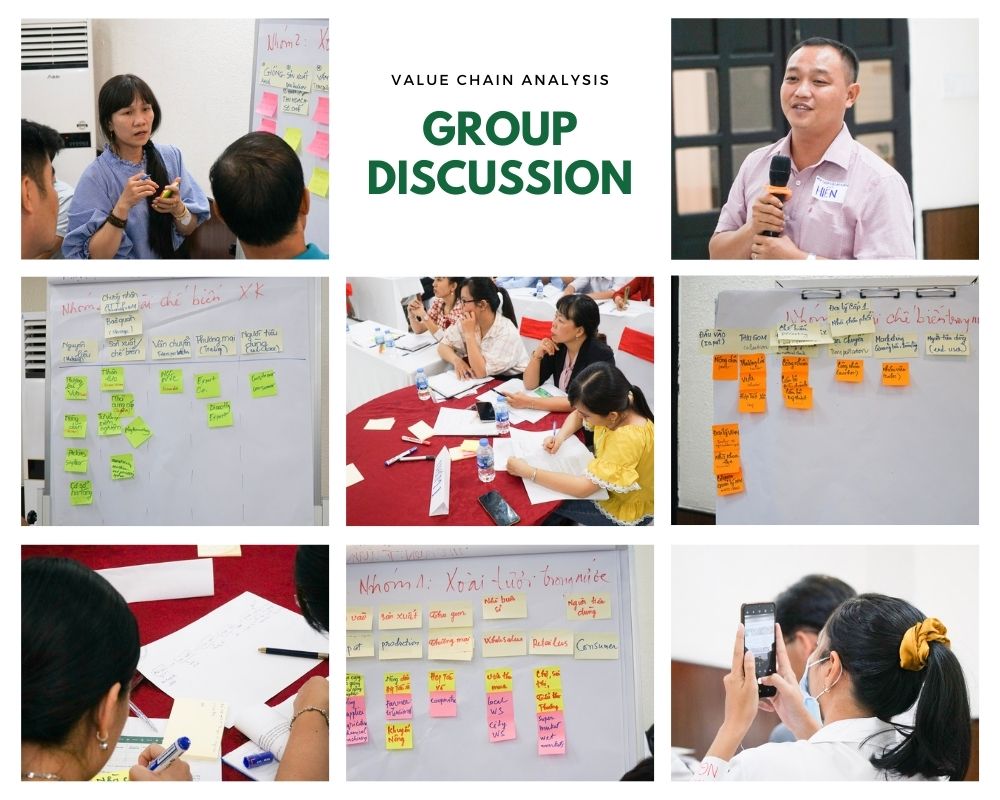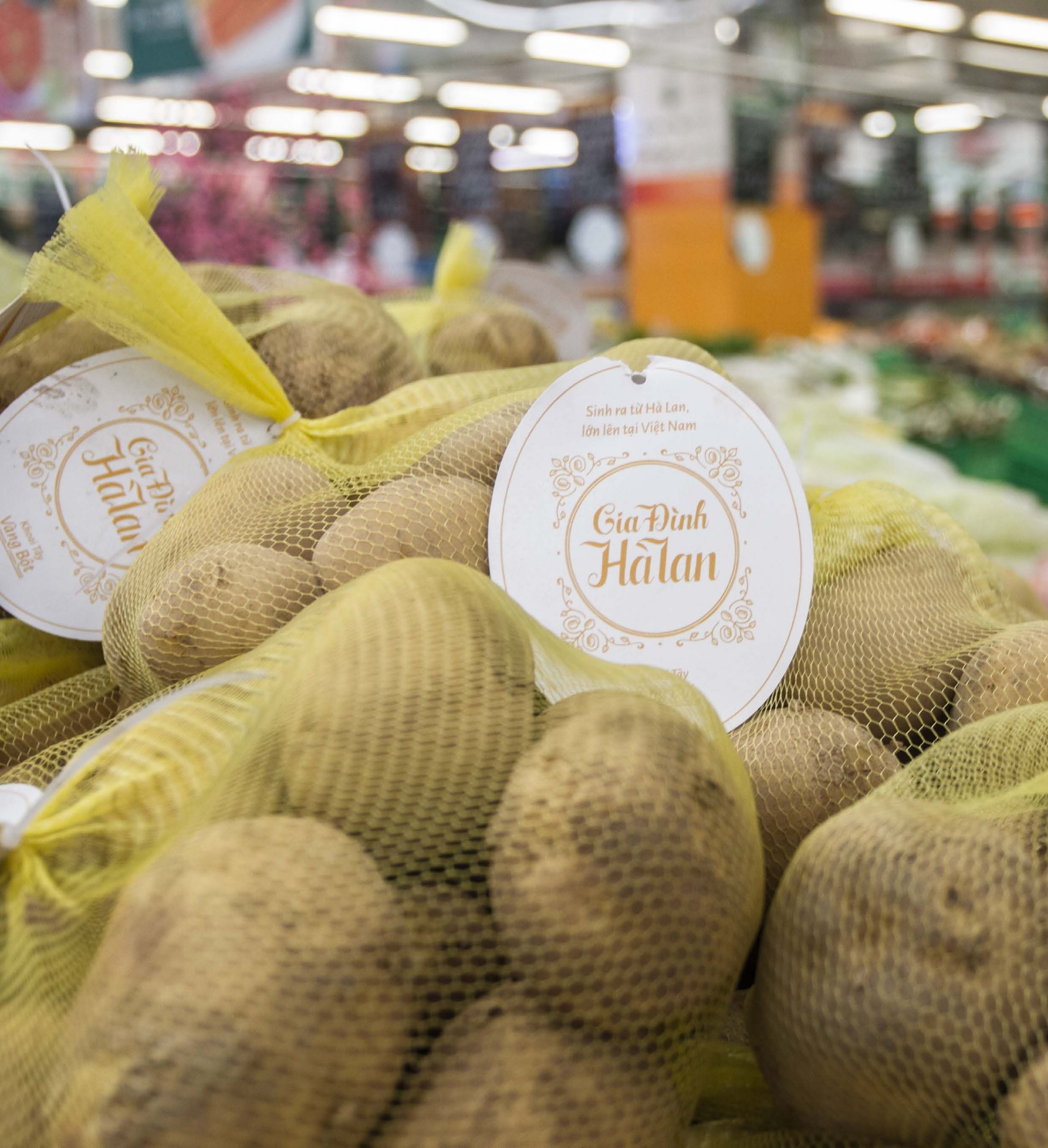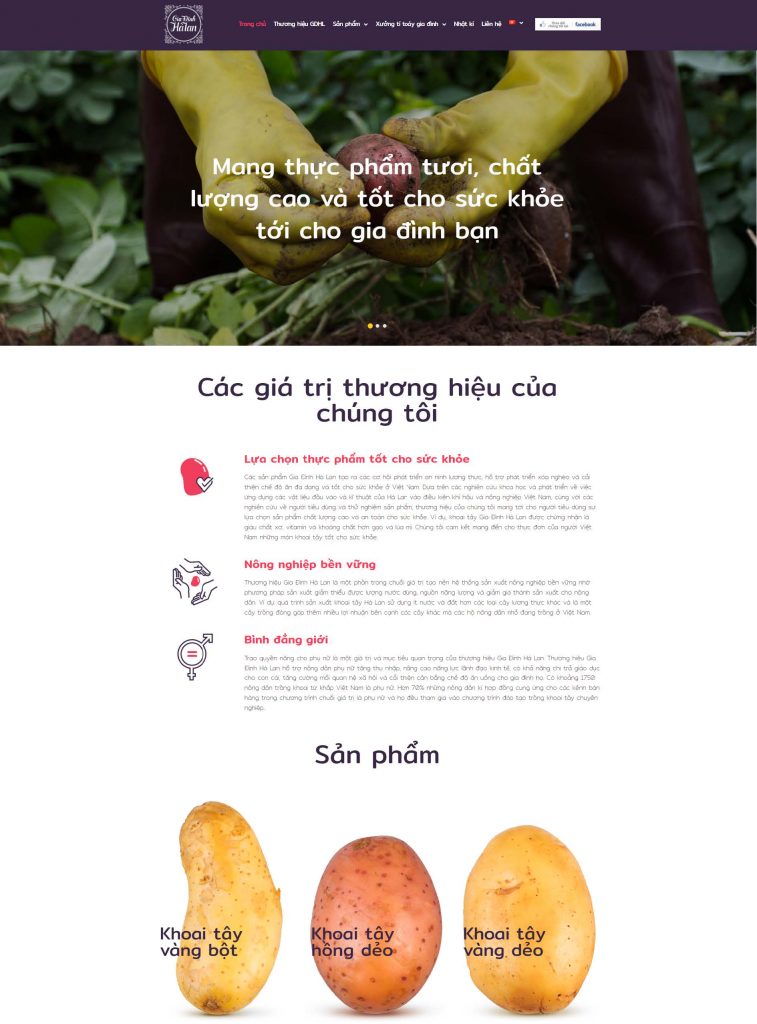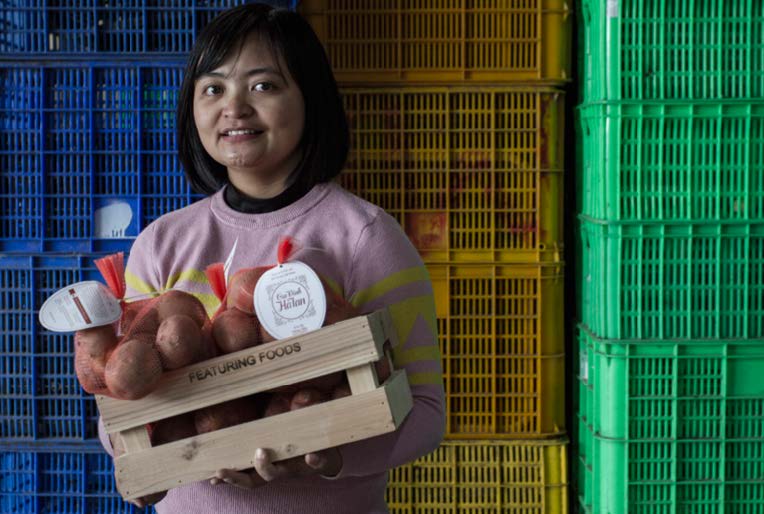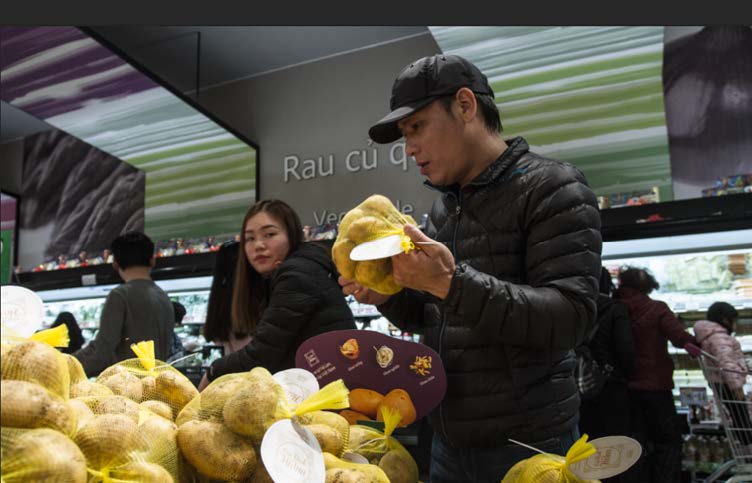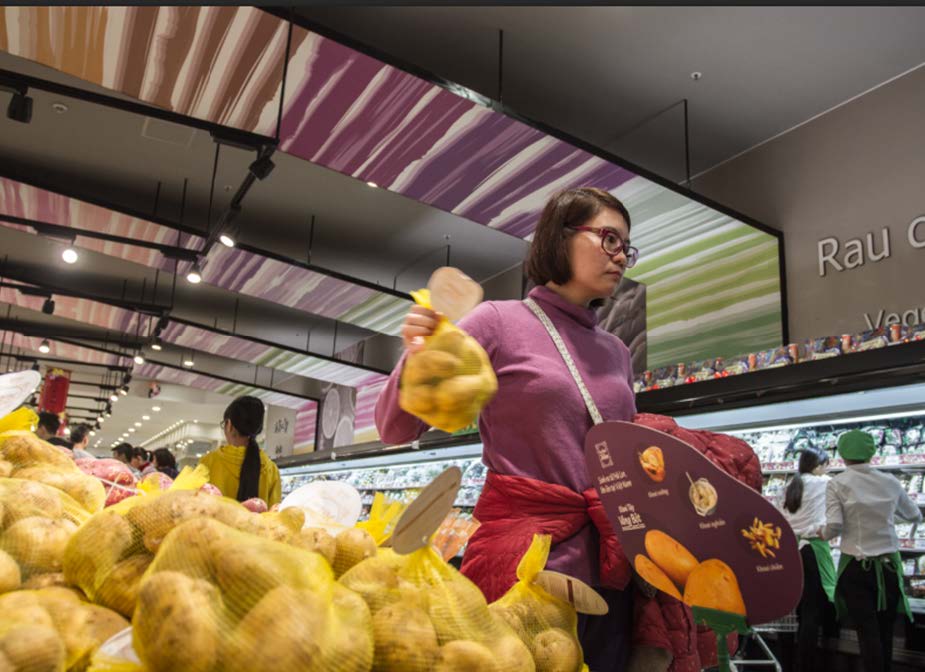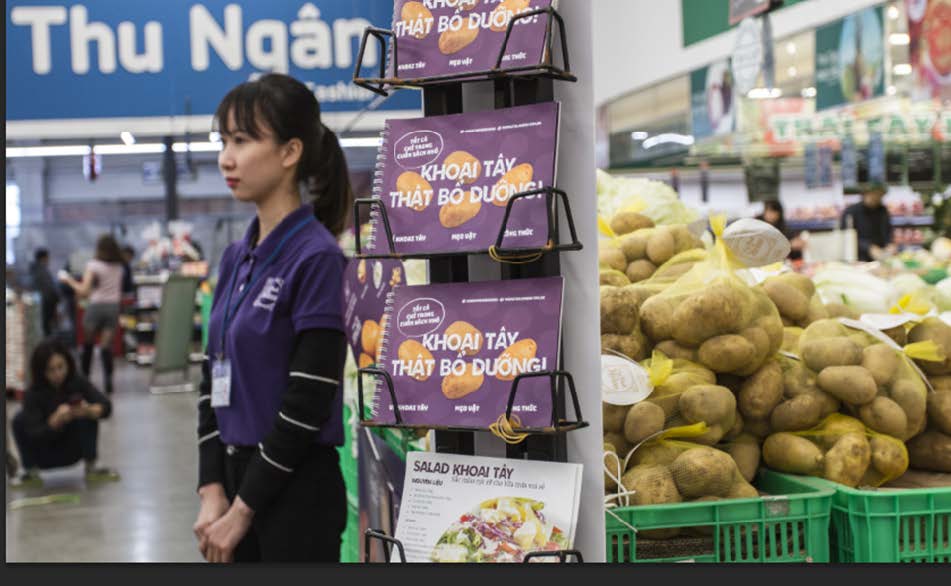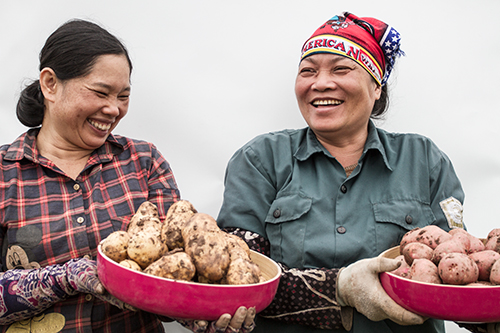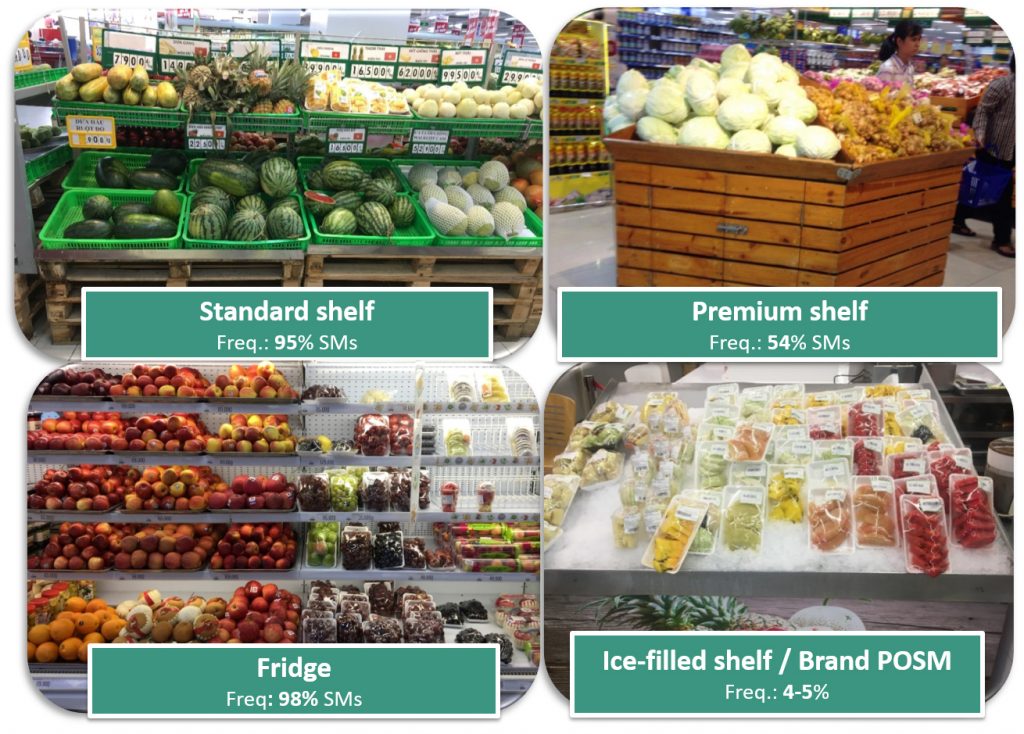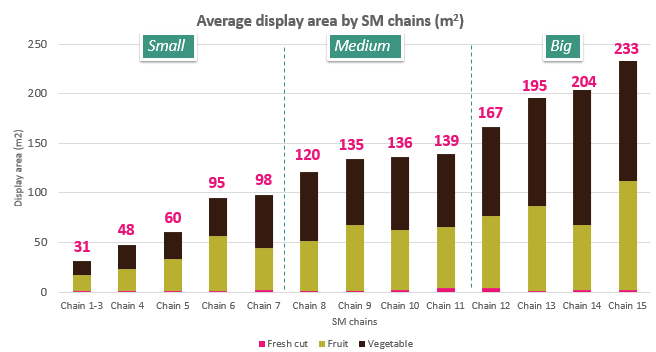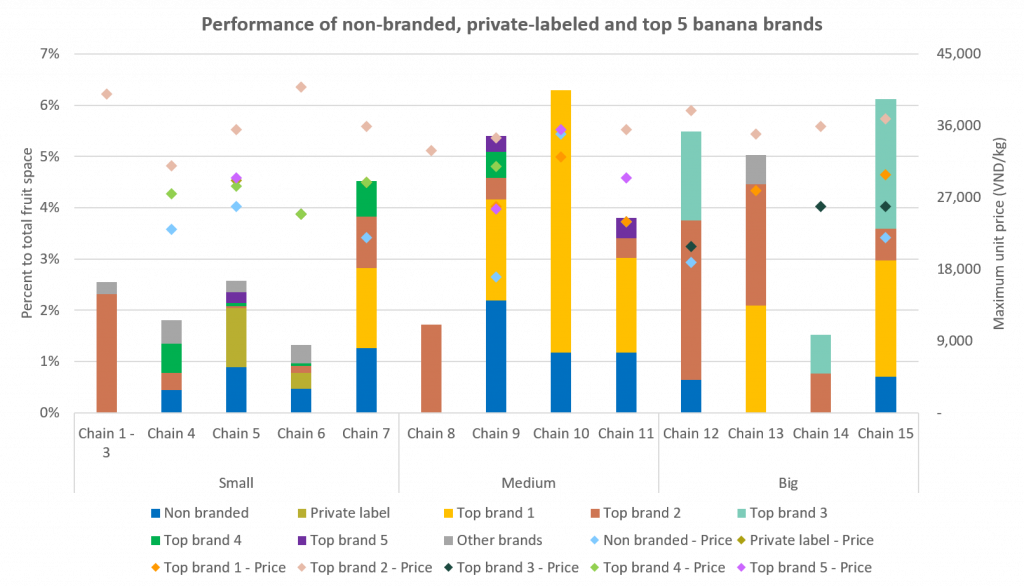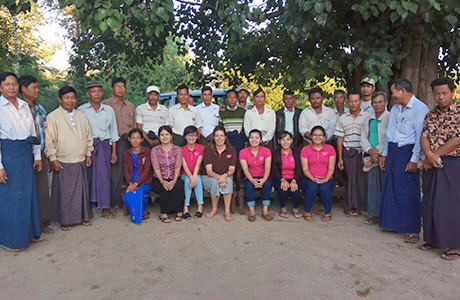1. DeltaVax: Transforming the Mekong Delta Pangasius Chain
Fresh Studio is excited to introduce the DeltaVax project, a groundbreaking initiative aimed at revolutionizing the pangasius and broader aquaculture sector in the Mekong Delta, Vietnam. The DeltaVax project is funded by the Impact Clusters subsidy scheme from the Netherlands, which aims to develop the private sector in developing countries.
Under the Impact Cluster program, knowledge, expertise and technology from Dutch or international companies, knowledge institutes, trade organisations and NGOs are brought together in a consortium (cluster). The objective of the Impact Cluster program is to facilitate the development and growth of the private sector in developing countries while ensuring inclusive and sustainable economic growth and a decent standard of work for all.
DeltaVax features a consortium of esteemed Dutch, Vietnamese, and international partners, including Fresh Studio, PHARMAQ, Can Tho University, De Heus, Alpha Aqua, and Kytos.
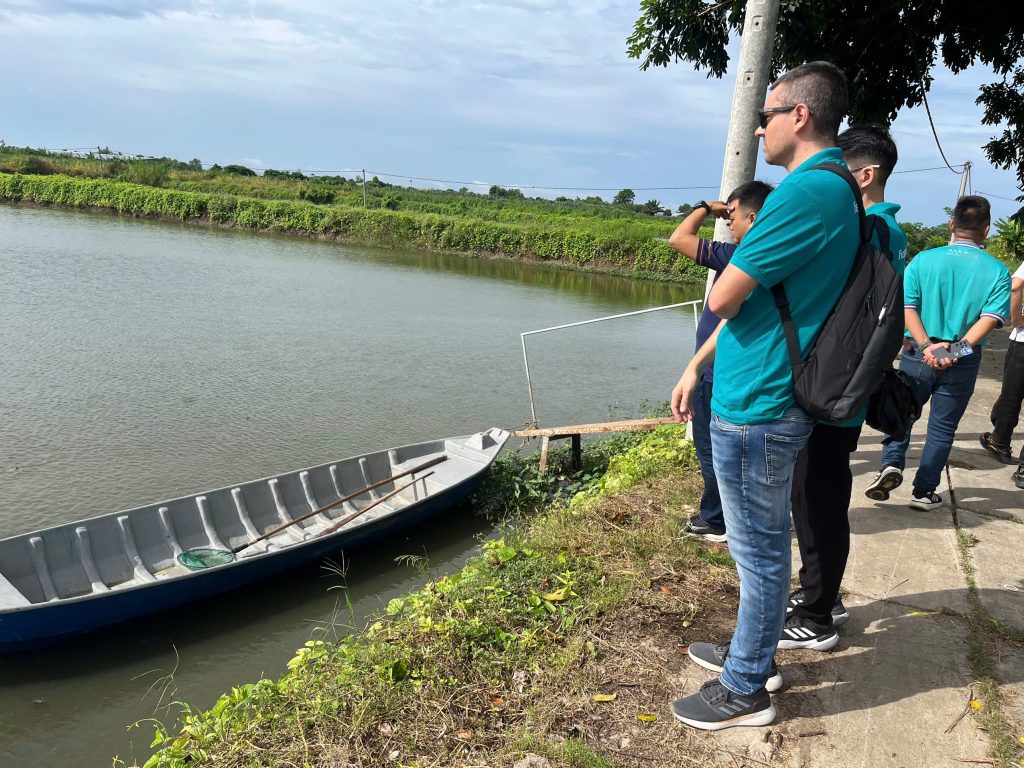
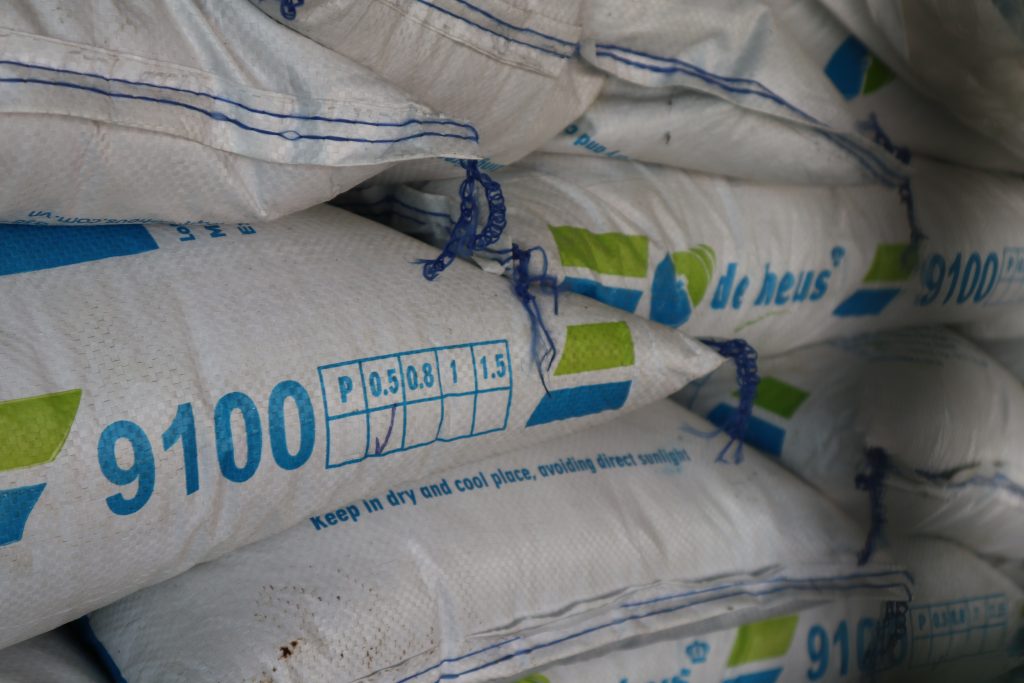
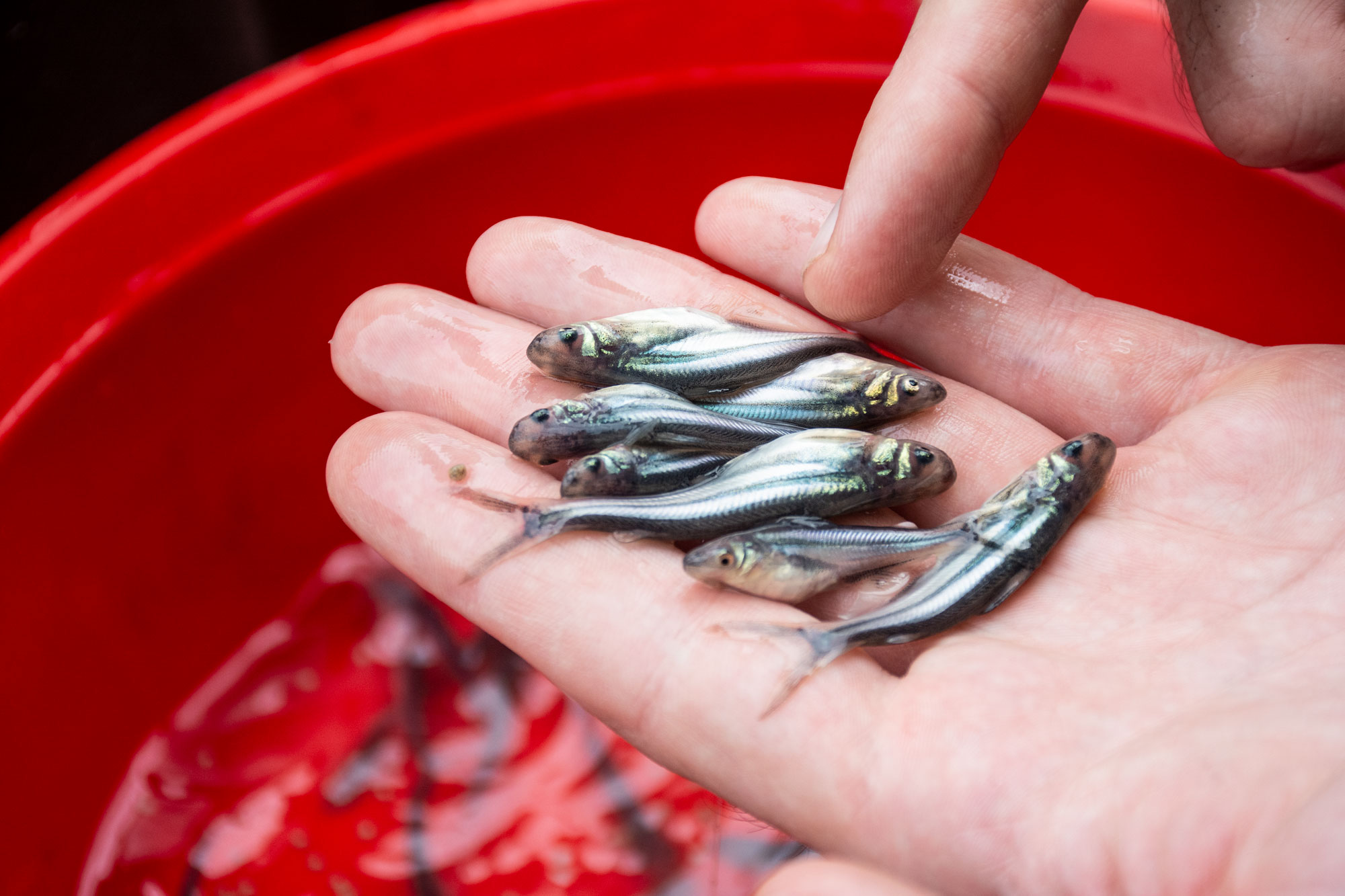 Figure 3. Pangasius seeds
Figure 3. Pangasius seeds
2. Project Summary
The DeltaVax project seeks to significantly enhance the knowledge, skills, and technology access within Vietnam’s aquaculture sector. The primary goals include:
Capacity Building: Establish a “train the trainers” program, alongside a coaching service, to elevate the expertise of Vietnamese farmers, equipping them with the necessary skills for modern aquaculture practices.
Technological Access: Facilitate Vietnamese farmers’ access to cutting-edge technologies such as aquatic vaccines, qPCR disease diagnostic tools, and advanced water treatment solutions.
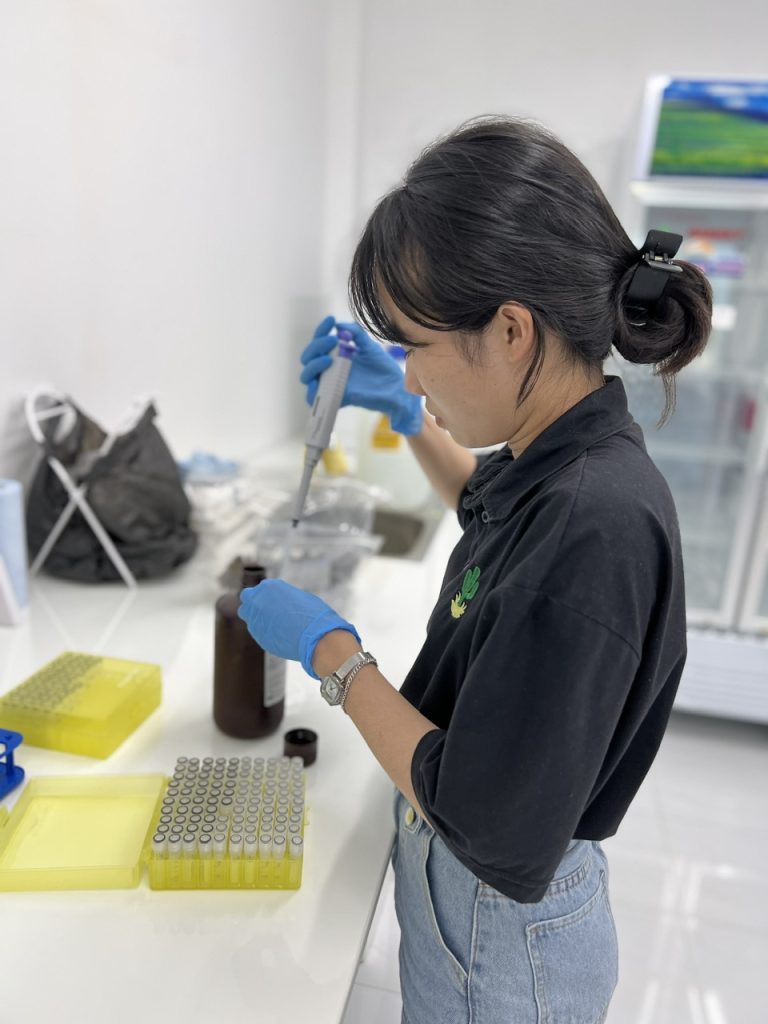
Figure 4. Kytos test
Innovation and Sustainability: Introduce groundbreaking technologies like Recirculating Aquaculture Systems (RAS) to foster sustainable aquaculture practices.
Fish Health and Welfare: Enhance vaccination practices within the sector to reduce disease prevalence and curtail the reliance on chemicals and antibiotics.
3. Key Activities
To achieve our objectives, the following key activities will be undertaken:
- Conduct a comprehensive farm survey to produce an industry status and environmental impact report for the pangasius sector.
- Develop and implement a practical, detailed training program designed for 25 extension workers.
- Empower these extension workers to provide training, coaching, and monitoring services to 750 farmers across the Mekong Delta.
- Demonstrate the effectiveness of technologies like vaccines, qPCR tools, and water analysis solutions on strategic farms in the region.
4. Expected Outcomes
DeltaVax is poised to create a significant impact, with the following expected results:
- Economic Growth and Employment: A stronger business case and enhanced job creation for local partners, driven by sector growth, expertise development, and technology adoption.
- Sustainable Employment: Direct and indirect long-term job opportunities in specialized areas such as water analysis and disease diagnostics.
- Education and Youth Engagement: Modernization of aquaculture curricula, making the industry more appealing to the younger generation.
- Environmental and Food Safety Improvements: A reduction in the environmental footprint and enhanced food safety through sustainable aquaculture practices.
- Product Quality Enhancement: A notable improvement in the quality of Vietnamese aquaculture products as a result of decreased chemical and antibiotic usage.
 Figure 5. Periodically check the fish’s length and weight
Figure 5. Periodically check the fish’s length and weight
The DeltaVax project is a revolutionary initiative set to pave the way for a sustainable and thriving pangasius aquaculture sector in the Mekong Delta. Stay tuned to our website for updates and insights as we embark on this transformative journey.
The impact cluster: “DeltaVax” is funded by The Netherlands Enterprise Agency (RVO) and consists of the following project partners:
- PHARMAQ
- De Heus
- Alpha Aqua
- Kytos
- Can Tho University
- Fresh Studio

